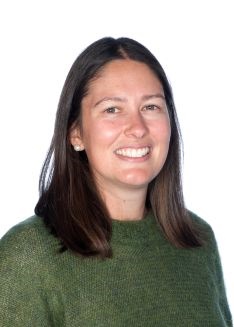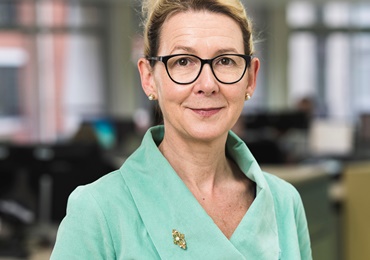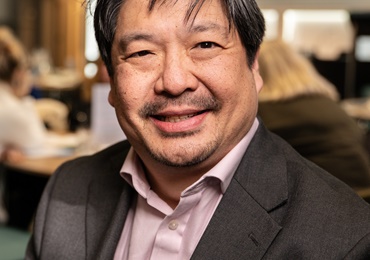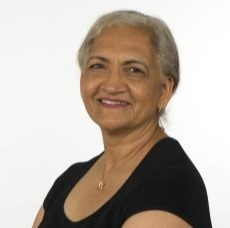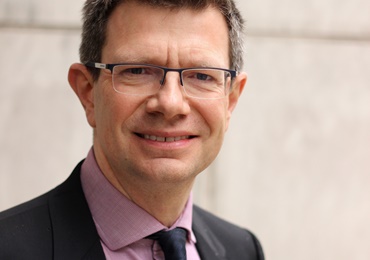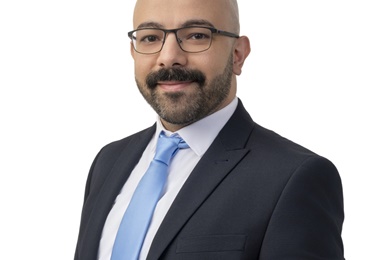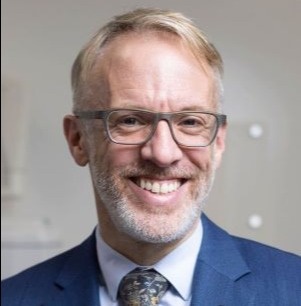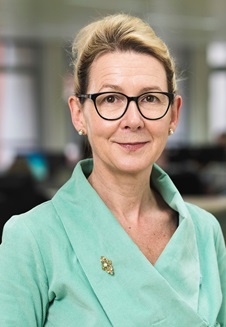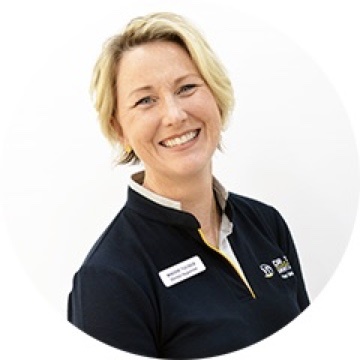Improving registration performance for UK-qualified dental professionals
Ensuring that the people registered to practice in the UK have the required qualifications, learning and indemnity cover is one of the most important ways we keep patients safe. We do this by processing applications from people who want to join our registers for the first time, managing the annual renewal process for over 114,000 dental professionals, or restoring dental professionals back on to the register.
Over recent months, we have been experiencing a sustained higher than usual workload across our UK routes to registration. This has come at a time when the registration teams have been operating with higher than normal vacancy levels, which has led to longer processing times, resulting in delays in registration. We understand the issues that these delays have caused, especially at a time when there was already stress in the system.
This underperformance was also highlighted in the Professional Standards Authority (PSA) report on our performance for the period 2021/22. Their report concluded that we had not met the standard that relates to the timely resolution of registration cases. We were concerned last year that our processing of registration applications had not been quick enough, and the PSA’s findings for this review period reflect this.
Recruitment challenges impacted processing times
The summer proved to be a particularly challenging time for us. Team capacity was reduced due to illness and recruitment challenges, reflecting the wider employment market in which we operate. This had the effect of reducing the headcount of our UK Registration team by over 40%. These challenges coincided with one of the busiest periods of our year in registration, with the annual renewal for dental care professionals (DCPs), and the deadlines for around 1,000 newly qualified dentists joining their Vocational Training (VT) and Foundation Dentist Training (FD) programmes.
This high level of recruitment had a negative impact as our existing people had to train these new starters before they could start processing a full caseload. The impact of this was a delay in the time it was taking us to process applications.
Normally we train people across our registration and customer service teams, to provide greater flexibility when a peak of applications come in. Our operational teams were also facing recruitment challenges, and we therefore couldn’t do this.
We also received a significant influx of UK DCP applications, well above our forecasts, which didn’t follow the usual patterns of application receipt. This led to a significantly busier end of 2022 that would normally be the case.
Taking steps to improve performance
Our normal recruitment approaches did not secure the workforce we needed in the current market, so we explored alternative recruitment methods, with limited success. We then adopted a programme of regular recruitment assessment centre events to increase our candidate pool, which was effective, and I’m pleased to say that we were able to fill all our vacancies by the end of September.
We seconded and trained many experienced staff members from other teams to process these applications, assisting with managing workload pressures. This allowed the UK registration team to focus on applications to restore to the register, which are more complex and time intensive because they also need to review CPD declarations.
In addition, we approved overtime working to progress new applications, reducing the backlog and application processing times.
Recognising these challenges, we took the preventative step of accepting new UK dentist applications earlier to mitigate any delays to UK dentist registration having a knock-on effect on the VT programme in Scotland, which started in early August and FT programmes in England, Northern Ireland and Wales which started in September.
To help with this we proactively communicated with the dental schools, detailing the application process for students, and requested that they provided their application in advance of receipt of the final University pass lists. We made administrative improvements which improved the experience of education providers and applicants. These applications were then assessed and placed on hold, pending receipt of the final pass list. This meant that the Registration team had already undertaken the bulk of the work (ID checks, declaration checks, requested and received any outstanding information etc), and once the pass list was received, they were able to expedite the final steps for registration.
I’m pleased to say, that by taking this approach, all UK qualified dentists (who provided completed applications or did not require further health or character assessment), were registered ahead of their VT/FT deadlines.
Incomplete and incorrect DCP applications impacted processing times
Another area that has had a significant impact on our ability to process new applications has been the quality of applications we have received, particularly from dental nurses. During 2022 we received larger numbers of new UK DCP applications that were incomplete or incorrect.
For many applications, we had to ask for missing information such as qualification certificates and supporting documentation to be sent to us. This resulted in delays processing them, with extra time and effort required to process these applications.
We asked the four main education providers for support in preparing dental nurses to register with the GDC. To help them do this we provided an updated checklist which we hope will result in more applications that are right first time.
UK registration processing times returning to normal levels
As we move into 2023, I’m pleased to say that we are now within our normal processing times for any new UK application received, and our focus is on clearing any remaining outstanding restoration applications.
For anyone needing to restore their registration and to avoid any delay in processing their restoration application we would ask dental professionals to pay particular attention to their CPD requirements. Details are included in the restoration application form and further details can be found on our website which provides more information on Enhanced CPD guidance for professionals.
Whilst the above steps have put us in a better position to process applications in a timely manner, it remains the case that the best way to avoid having to restore to the Register is to renew your registration ahead of the deadline. We focus our effort on preventative steps by opening the renewal window at least six weeks in advance of the deadline, and by communicating extensively with dental professionals throughout the renewal period. Renewing via eGDC can take less than five minutes. We also recommended that dental professionals set up a Direct Debit for future collections. You can also take advantage of our payment by instalment scheme to spread the cost across the year.
 eGDC
eGDC